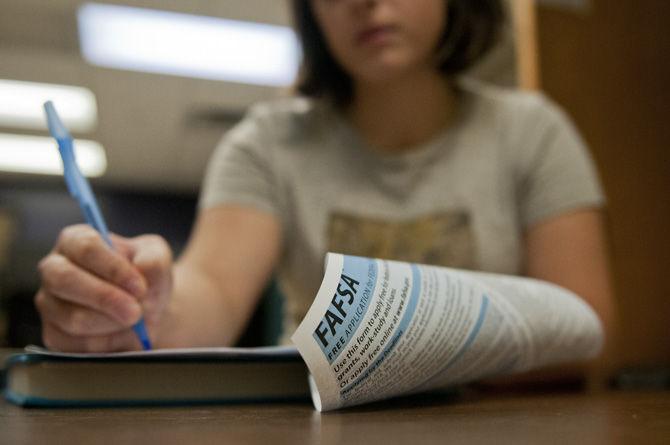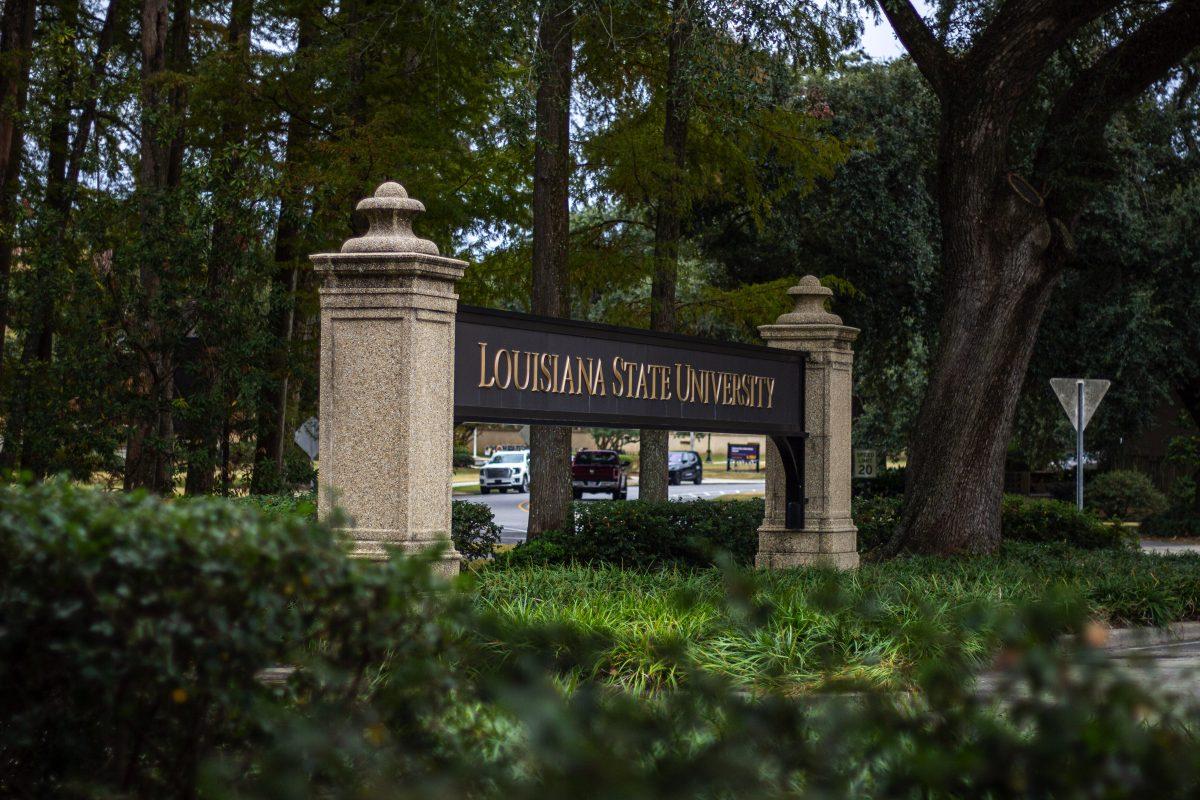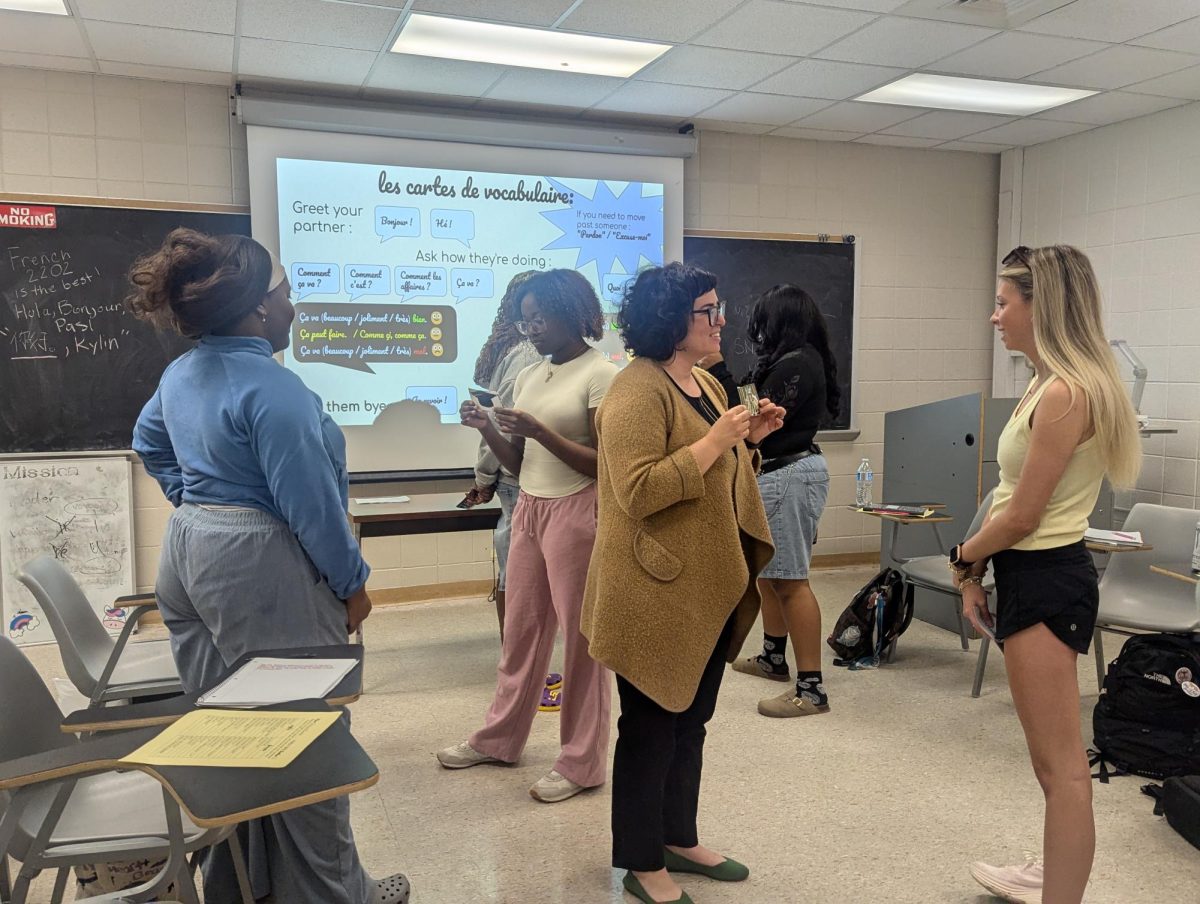The Louisiana Board of Elementary and Secondary Education approved a measure in December to push more students toward colleges by requiring them to fill out financial aid forms to graduate high school.
The policy requires high school students to complete the Free Application for Federal Student Aid, LOSFA application for state aid, submit a parent’s signature on a non-participation form or receive a waiver through a district hardship waiver process.
One of Louisiana’s only positive benchmarks in education in recent years is its rate of high school students who go straight to college, according to the National Center for Higher Education Management Systems, as the state outpaces the national average of 62 percent by around two points.
Louisiana offers the Taylor Opportunity Program for Students, a nearly $300 million scholarship program providing free in-state tuition to Louisiana high school graduates with qualifying ACT scores and GPAs. But an Louisiana Department of Education report said while 84 percent of school districts have an average ACT score that qualifies for TOPS, less than 50 percent of those students complete the FAFSA. Students must complete either the FAFSA or LOSFA form to receive TOPS.
Students miss out on an estimated $54 million in federal and state aid per year by not completing the FAFSA, according to an LDE news release.
“Students can choose to apply for FAFSA or choose to not apply; but everyone is going to make a choice. There will be no more slipping through the cracks,” said LDE Director of Public Affairs Barry Landry, in an email.
Construction management senior Ross James, who receives TOPS, said he knows many people who wouldn’t be able to afford school without it, but the process is not that bad.
“[The FAFSA] is really not that big of a deal, it takes like an hour maybe,” he said.
But James said he thinks the policy will be a good thing, as “anyone” could qualify for TOPS at his school, so they might as well be required to apply.
Louisiana’s education is notoriously poor, according to national rankings and report cards. A U.S. Chamber of Commerce report ranks the state well below national averages in nearly all academic categories. While Louisiana’s graduation rate has grown in recent years, it still falls short of the national average of 81 percent.
Education Week ranked Louisiana 44th out of 50 states and the District of Columbia in 2015, posting a D-plus score.
Mathematics senior Jack Hogan is from Missouri, and said there is “no chance” he could afford to go to LSU without financial aid.
“[Financial aid] is incredibly complicated,” Hogan said. “I have to deal with that all the time. Constantly getting emails from them. It’s a little frustrating, but I don’t know a system that could work better.”
National lawmakers have taken steps to simplify the FAFSA. Sens. Lamar Alexander, R-Tenn., and Michael Bennet, D-Colo., penned a bill titled “Financial Aid Simplification and Transparency Act” in 2014, which would cut the size of the more than 100-question FAFSA to two questions.
Hogan, who transferred back to Missouri last semester to save money, said he could see potential students being turned off from college by a complicated financial aid system.
Louisiana education leaders will try to leap the hurdle of a long, complicated FAFSA by making it part of the graduation process, and hope to increase the rate of qualified graduates who access the federal and state money available to them.
All LA high school students to fill out FAFSA before graduating by 2018
January 18, 2016
A student fills out the Free Application for Federal Aid (FAFSA) form on Tuesday, Sept. 1, 2015, in Hodges Hall.
More to Discover










